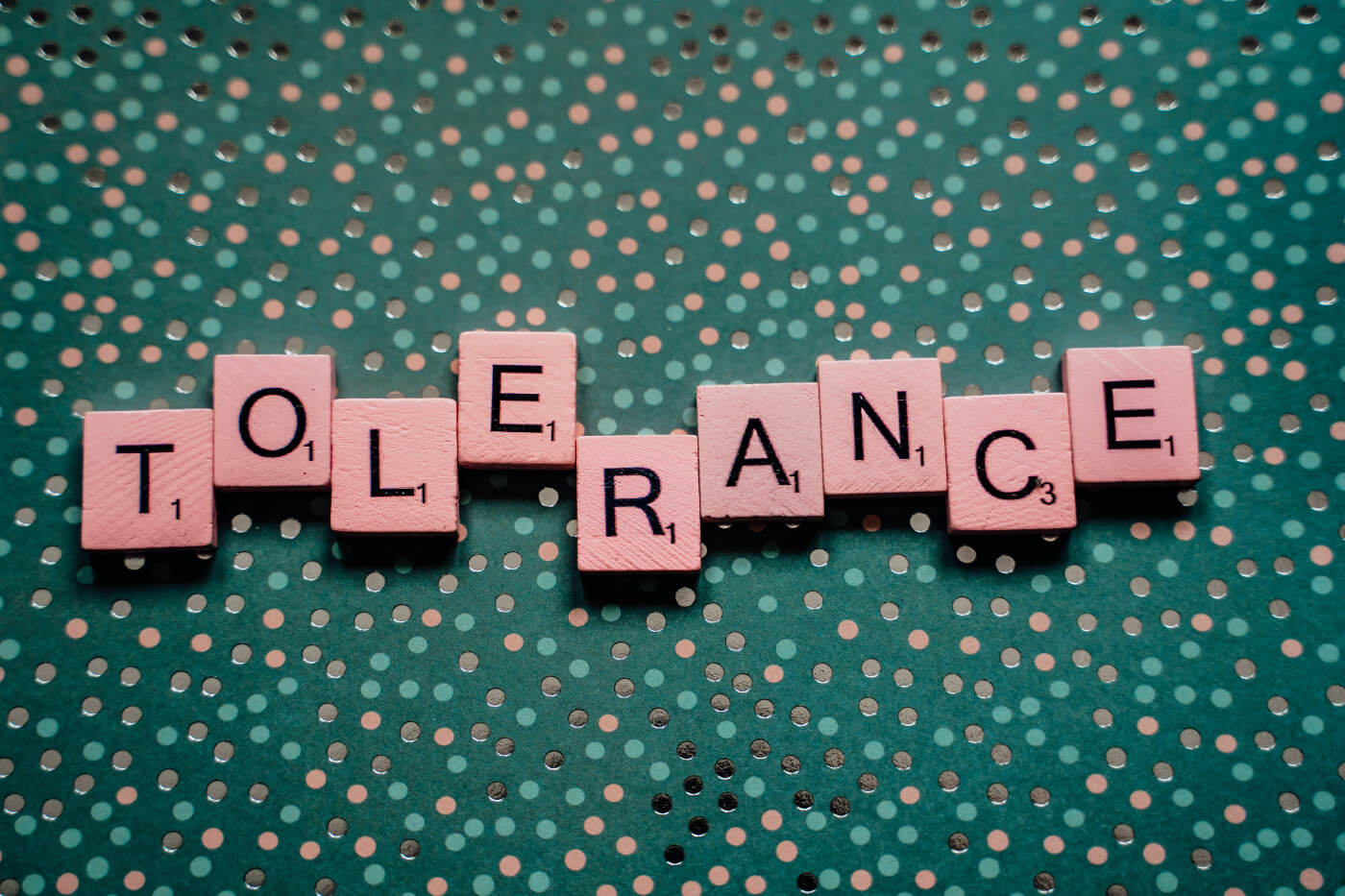Common Misspelled English Words

Being able to spell words correctly is a skill that will help you write school and university exams, as well as work presentations and will make you more effective in your general communications. Good spelling is incredibly important in professional, academic, and even personal writing. You may be able to get away with typos among your friends, but your teachers, lecturers, and colleagues will find them unacceptable.
To become a better speller, you must first identify common misspelled English words and then learn how to spell them correctly. Included in this list is “misspell,” the word for spelling something wrong! Blame it on the double letters. You’ll find plenty of other words that are equally tough to spell.
Here is our list of common misspelled English words:
Accommodate
Commonly misspelled as: “accomodate” or “acommodate”
People often get confused by the double letters! Here’s how to remember the correct spelling: keep in mind that this word is big enough to accommodate two sets of double consonants (the C and the M).
Acquire
Commonly misspelled as: “aquire”
When you consider words like “aquatic” and “aquiver,” which both begin with an A followed by a Q, it’s easy to see why so many people struggle to spell “acquire.” The somewhat silent C is confusing but very important when spelling the word correctly.
Apparently
Commonly misspelled as: “apparrently,” “aparrently,” or “apparantly”
“Apparently” has the opposite double-letter issue to words like “accommodate” in that people tend to correctly double the P and incorrectly double the R. Of course, there’s an E, which people often replace with an A.
Beautiful
Commonly misspelled as: “beutiful”
We say this word all the time, but nobody understands why the four letters “beau” are pronounced like “byoo” when they’re part of a longer word, but when they’re on their own, they’re pronounced like “boh”! If you’ve ever watched Jim Carrey in the movie *Bruce Almighty*, you’ll remember how to spell “beautiful” by saying it aloud like he did: “B-E-A-Utiful.”
Believe
Commonly misspelled as: “beleive” or “belive”
The rule “I before E, except after C” will help you to remember how to correctly spell “believe.”
Bizarre
Commonly misspelled as: “bizzare”
Z is quite uncommon, but double Z is surprisingly common! Think of words like “fizz” or “jazz,” two of the many words that make us think “bizarre” should also have a double Z.
Congratulations
Commonly misspelled as: “congradulations”
The incorrect spelling of the word “congratulations” is largely due to its American pronunciation, in which the letter T sounds more like a D.
Definitely
Commonly misspelled as: “definately,” “deffinately,” “deffinitely,” or “definitley”
There are plenty of common misspellings of the word “definitely.” Swapping the second “I” for an A, adding an extra F, or switching the L and the E at the end are all seen frequently!
Entrepreneur
Commonly misspelled as: “entrepenur,” “entrepeneur,” “entreperneur,” or “entreprenur”
With all those Es and Rs, it’s no wonder we struggle to spell this word!
Environment
Commonly misspelled as: “enviroment”
The silent N is the culprit for this common misspelling! It follows the same pattern as in “government,” which is easier to remember due to its verb version, “govern.” If you’re stuck, just remember that “environ” is actually a word (although not used all too often).
License/licence
In British English, both are correct, but they have different meanings. “License” with an S is used as a verb, while “licence” with a C is used as a noun. So yes, both are spelled correctly but will be deemed incorrect if used in the wrong way.
Misspell
Commonly misspelled as: “mispell”
We couldn’t create a list of commonly misspelled words without including the word “misspell.” In this instance, the double letters look a bit odd. Just remember that you will need an S for the prefix “mis-” and one for the word “spell.”
Niece
Commonly misspelled as: “neice”
It’s no surprise that people agonize over how to spell the word “niece.” Typically, the “ie” combination is found in words like “pie,” “diesel,” or “friend.” If you flip the order, the “ei” combination sometimes makes the sound “ee,” as in “seize” or “receive.” This is why people often use the common misspelling, “neice.”
Occurrence
Commonly misspelled as: “occurance”
The most confusing thing about this word is that, while “occurrence” has a double C and a double R, “occur” does not.
Perseverance
Commonly misspelled as: “perserverance”
The reason this word is often misspelled is due to its pronunciation! However, there is no R between the E and the V.
Persistent
Commonly misspelled as: “persistant”
There are plenty of words with the same sound, some spelled with an A (like “indignant”) and others being spelled with an E (like “persistent”). No wonder we get confused!
Privilege
Commonly misspelled as: “priviledge” or “privelege”
When you think of the pronunciation of “privilege,” the middle vowel could be just about anything. Just remember that there are two I’s followed by two E’s.
Pronunciation
Commonly misspelled as: “pronounciation”
We tend to get this spelling wrong because the root word, “pronounce,” has the O and an E! However, the noun doesn’t have either.
Receive
Commonly misspelled as: “recieve”
If you’re familiar with the “I before E, except after C” rule, the word “receive” is one of the few times it actually works!
Separate
Commonly misspelled as: “seperate”
Did you know that “separate” is both a verb (sep-a-RATE) and an adjective (SEP-a-rate)? No matter how you are using the word, it is always spelled the same way. The second vowel will always be an A, not an E.
Tolerance
Commonly misspelled as: “tolerence”
Here’s another word where the A is correct, but we want to swap it for another E.
Weather
Commonly misspelled as: “wether,” “waether,” or “whether”
“Weather” and “whether” are often spelled wrong, even though they are both real words with two different meanings. If you are referring to the weather conditions, there will always be an A after the E.
Weird
Commonly misspelled as: “wierd”
Here’s another example of ignoring the “I before E” rule. To remember the correct spelling, remember that the spelling of “weird” is, in fact, weird.
We have various language tutors available and more specifically, English tutors in Johannesburg, English tutors in Pretoria,
Related Articles

10 Tips for Writing Essay Exams
If you find writing essays in examinations difficult, look no further. In today’s post, we’ll be presenting you with 10 tips for writing essays for exams.
Read More

Common English Grammar Mistakes
Take a look at our list of common English grammar mistakes, along with example sentences so you can make sure you use these words and phrases correctly.
Read More

50 Words To Impress Your English Examiner
If you want to impress your English examiner and get more creative with your writing, here is one very simple and practical step you can take: include new and interesting words into your vocabulary. (read more)
Read More

We help families find their perfect tutor
Help your child improve their grades and get their confidence back.
GET A TUTOR